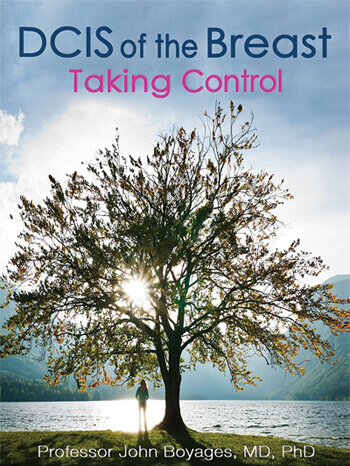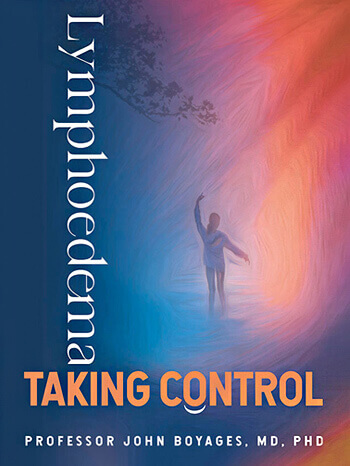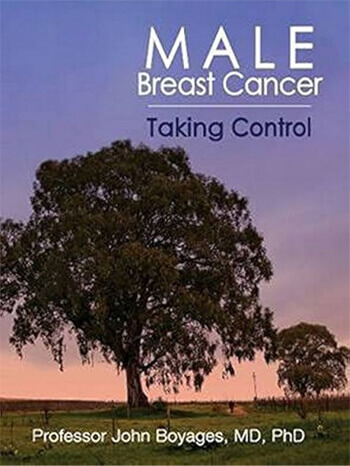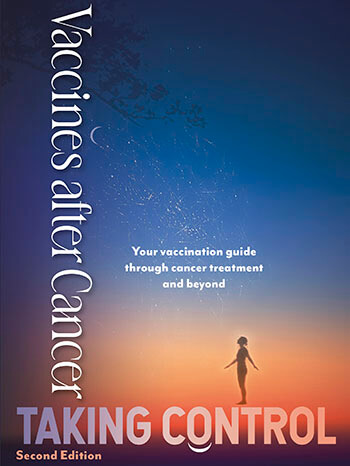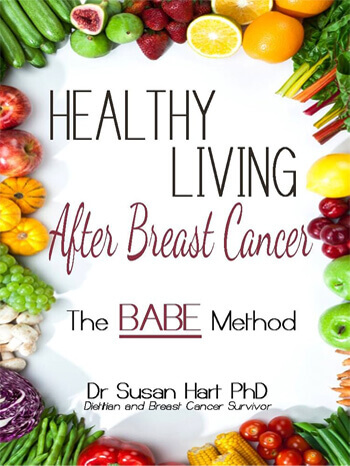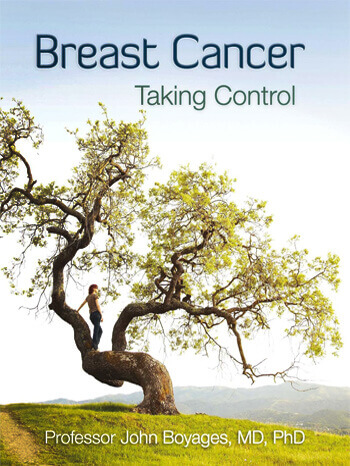
Breast Cancer: Taking Control by John Boyages (Author)
About
Using the familiar image of a garden and a personal, plain English style to illustrate your cancer and how it affects your body, Professor Boyages, MD, PhD, walks you slowly through the stress and confusion after a diagnosis of breast cancer.
Some key features:
- “Traffic-light” colours guide you through treatment phases
- 20 color-coded “Control Points” with detailed flow charts
- Clear end of chapter “Warning”, “Tip” and “Remember” icons and summaries
- 15 real-life patient stories
- Plain English style with garden and other analogies to explain your breast cancer and its treatment
- 125 photographs in full color
- 28 graphically designed diagrams
- 75 hand-picked web links
- Detailed glossary, key references and index
Learn how to:
- Identify the 20 “Control Points”: the 20 important decisions you need to make before and after your surgery
- Navigate through the medical maze of breast cancer treatment with detailed descriptions and clear flowcharts that give you a “birds-eye view” of the process.
- Find and research the right treatment team for you
- Identify the key questions to ask your treatment team before and after treatment
- Identify the surgical choices for your breast and armpit
- Understand when you really need radiation therapy, chemotherapy or hormonal treatment
- Preserve your fertility
- Understand ways of helping to cope with sexuality and early menopause after treatment
Note from the author
“Let me lead you down the right path for you to get you on top and “take control” of this all too common disease.” Professor John Boyages, MD, PhDProfessor John Boyages, MD, PhD
Reviews
“The results from the biopsy are back, and I’m afraid you have breast cancer.” How many countless of thousands of women have heard these words and felt the bottom drop out of their lives? For many, these words are taken as a death sentence—and certainly for all they mean the beginning of an often painful series of treatments and a long and arduous journey to recovery.
Arguably, breast cancer has touched more patients and their families than any other malignancy due to its common incidence, its occurrence in so many younger women with families and loved ones who depend on them, and the necessity of treatments that affect fundamental issues of femininity, sexuality, and cosmetics. Yet, there is good news. Over the last 30 years, statistics from most developed countries have demonstrated that in spite of the increasing incidence of the disease, overall mortality has dropped dramatically, due to screening, early detection, and better treatments, especially if applied, immediately after surgery, in the ‘adjuvant’ setting.
Furthermore, medical advances have led to less-disfiguring surgery and less-toxic radiation and systemic therapies. Unfortunately, these exciting results require that a patient and her family work through a complicated maze of treatment options and strategies. They also raise important issues regarding how to deal with entirely new and, for most women, unfamiliar strategies to get the best treatment possible while minimizing side effects and long-term toxicities.
Which is where Breast Cancer: Taking Control comes in. Dr. John Boyages brings to bear his considerable experiences and skills, obtained during training and a clinical practice devoted to the care and study of breast cancer. His efforts span nearly three decades and two continents. There are many books on the lay market for a patient with breast cancer. However, few are written with such a folksy and sympathetic approach as this one.
I have had the wonderful opportunity to observe Dr. Boyages’s career unfold, and I am not surprised by the quality of this resource. He has always been a great doctor, taking a “what if you were my family member” approach, and this spirit shines throughout this book. Perhaps the greatest compliment one doctor can have for another is that “He (or she) is the one I’d have take care of me.”
I’d be pleased to have John take care of any member of my own family, and if they had breast cancer, I’d certainly recommend that they read this book—-and so I recommend it to you as well!
—Daniel F. Hayes, MD
Stuart A. Padnos Professor of Breast Cancer Research
University of Michigan Comprehensive Cancer Center Ann Arbor
“I want to thank you very much for sending me your e-book just after I was diagnosed with early breast cancer. I read it cover to cover (so to speak) in two sittings the weekend you sent it. I must tell you: it was tremendously helpful to me. I particularly liked the fact that you explained the statistics in an intuitive and easy-to-grasp way, and that you gave all the relevant figures. Speaking as a philosopher of psychology, it was good that you mostly put things in terms of frequencies — this is the way that human beings can best think about this sort of information. Well done!”
—Fiona Cowie
Associate Professor of Philosophy
California Institute of Technology
“Dr. John Boyages is an innovator amongst his peers; he is unafraid to address the unique and sensitive issues that many breast cancer survivors are facing on a day to day basis. Concerns about quality of life, fertility preservation, sexual health and wellness, and menopause are often neglected in the comprehensive care of the cancer patient. Yet Dr. Boyages addresses these concerns with compassion and medical accuracy. The book provides clear, understandable solutions that put the reader at ease. It is an excellent resource for patients and caregivers and a first-rate addition to the oncology, sexual medicine, and cancer survivorship fields.”
——Michael L. Krychman, MD
Medical Director of Sexual Medicine Hoag Hospital,
Executive Director of the Southern California Center for Sexual Health and Survivorship Medicine,
Associate Clinical Professor University of Southern California
“John Boyages is one of those few oncologists who understands all aspects of breast cancer. He is a doctor’s doctor who treats many doctors and their families. This is a must-read, not only for women with breast cancer but also for oncology trainees, nurses, and general practitioners.”
——Richard Kefford, MD
Professor of Medicine, Medical Oncologist and Director of the Westmead Institute for Cancer
Research University of Sydney Department of Medicine,
Westmead Hospital
“An easy read for a layperson without a medical background—insightful and informative”.
——Michelle Hanton OAM
Founder Dragons Abreast Australia
“Nobody wants to hear the words “You have cancer.” But Professor John Boyages has helped many women not just survive but thrive after the heartbreak of a breast cancer diagnosis. John is a leader in multidisciplinary care and sees patients from all over the world. Apart from his clinical work, he is also a passionate advocate for breast cancer education, and whenever journalists need help with a breast cancer story, he responds promptly and always in plain English, without medical gobbledygook! John has won several awards for services to medicine and the media, and the tips in this book are a must-read for anyone on the breast cancer journey.”
——Jane Worthington
Health reporter
Woman’s Day, Reader’s Digest HealthSmart and The Sunday Telegraph
“Dear John, I just got my hands on a copy of your new book. WOW! I couldn’t put it down. What an absolutely brilliant book—unique, balanced, simple charts and yet quite detailed, empowering, compassionate and informative, informative, informative! WOW! Congratulations. I’m sure women of Australia and beyond thank you”.
——John Eden MD
Associate Professor of Reproductive Endocrinology University of NSW,
Director Barbara Gross Research Unit and Sydney Menopause Centre, Royal Hospital for Women and
Director Women’s Health and Research Institute of Australia


